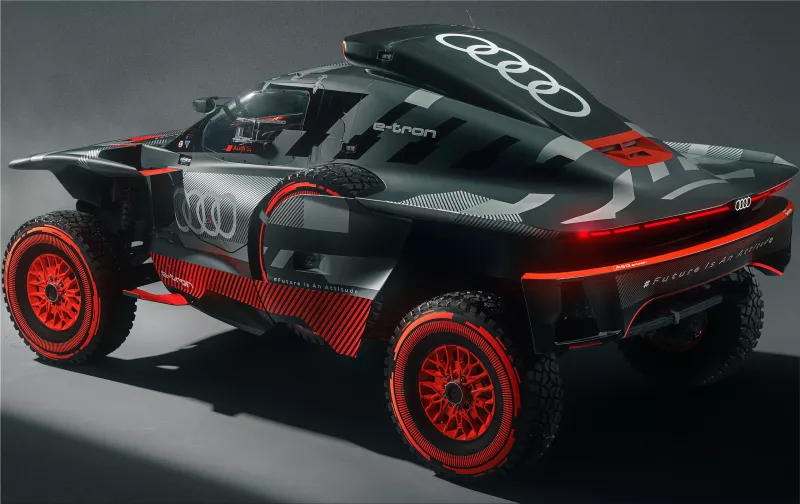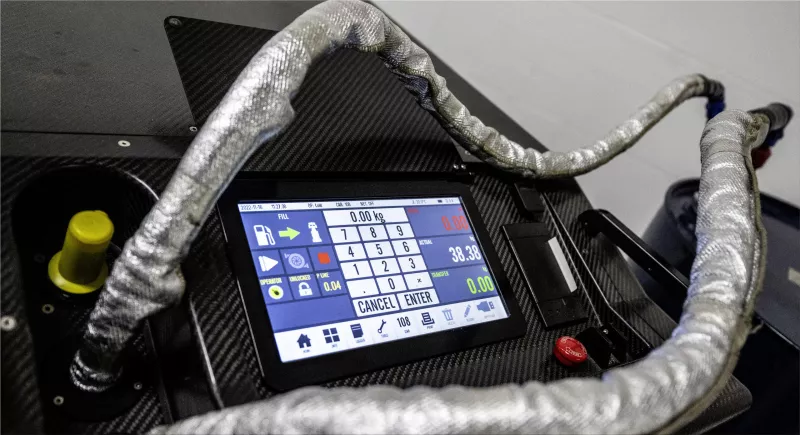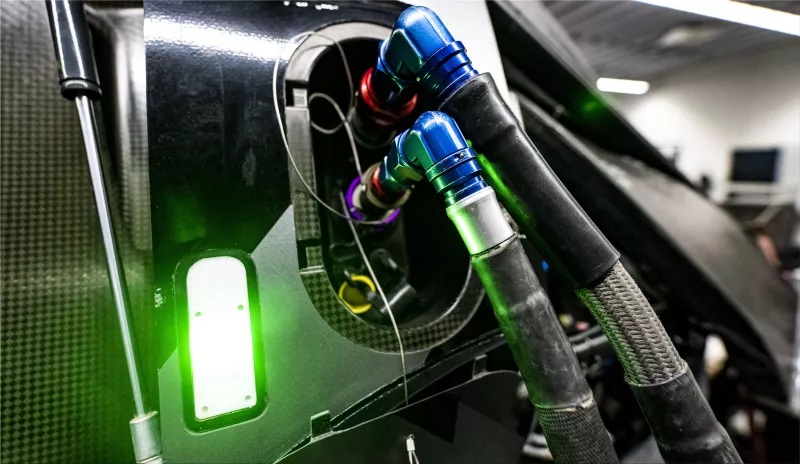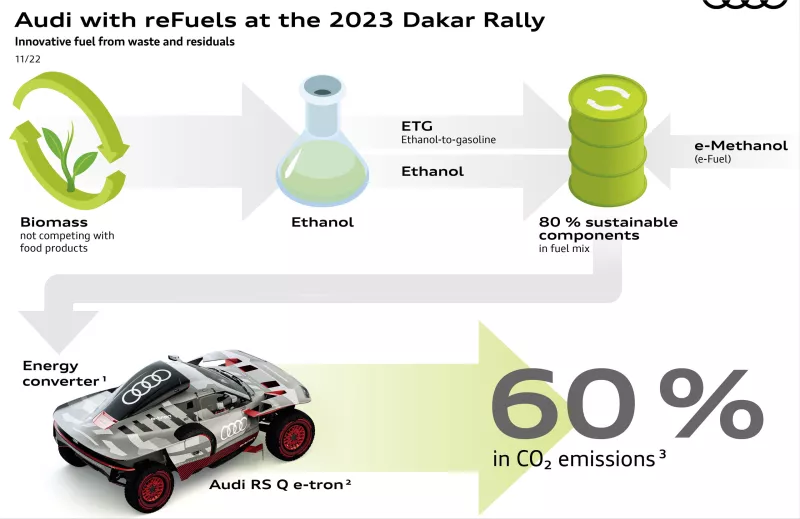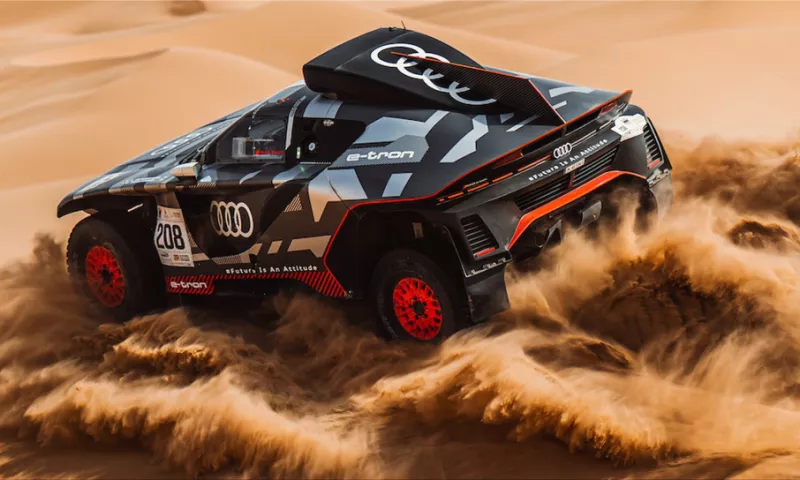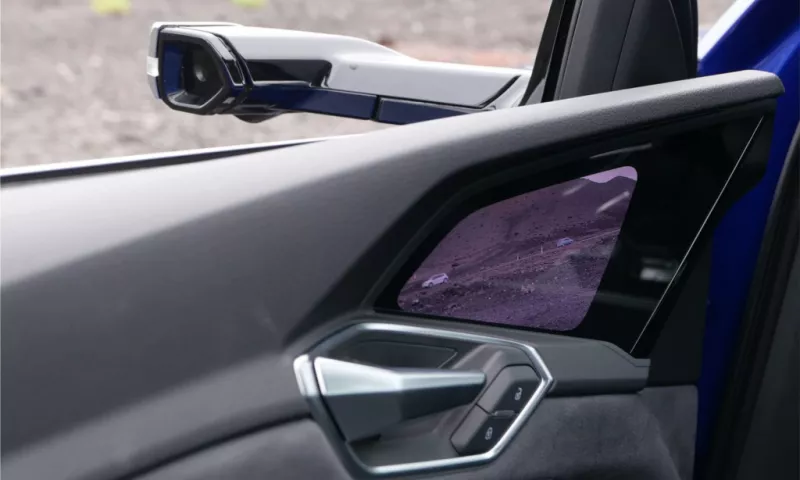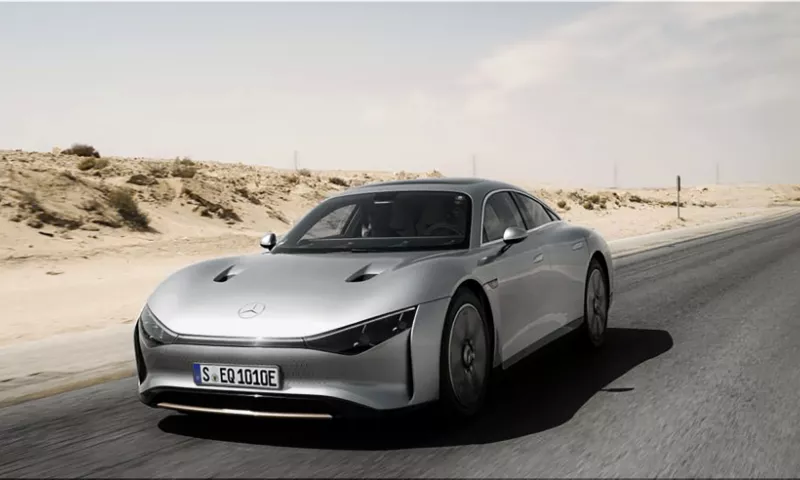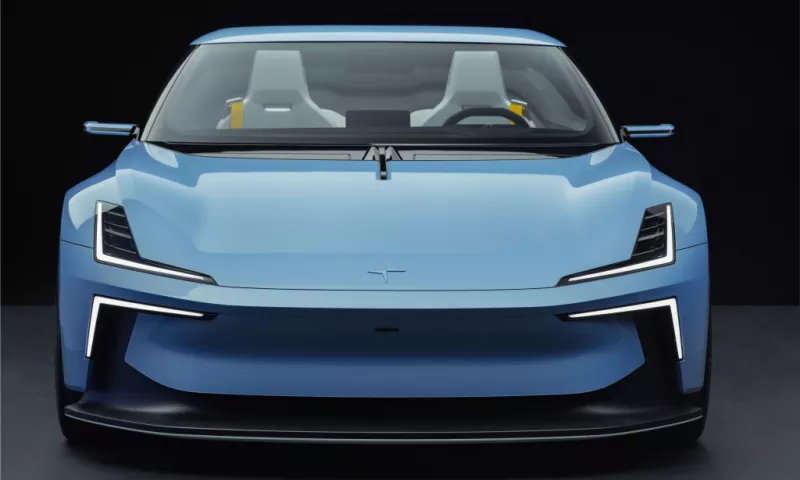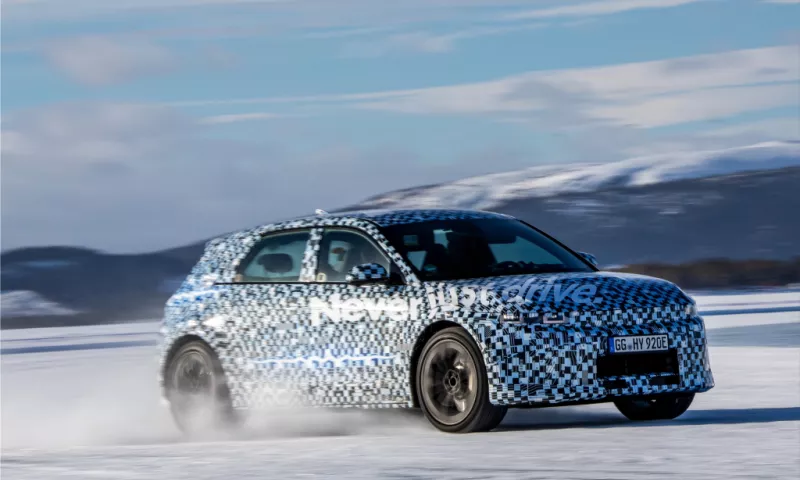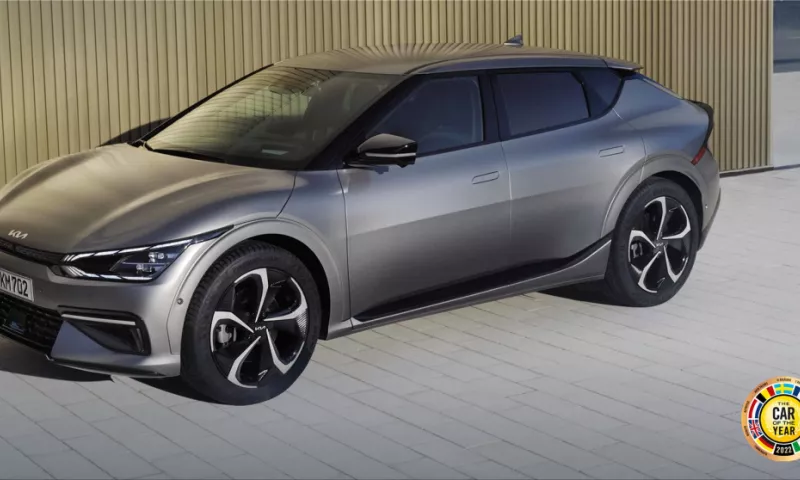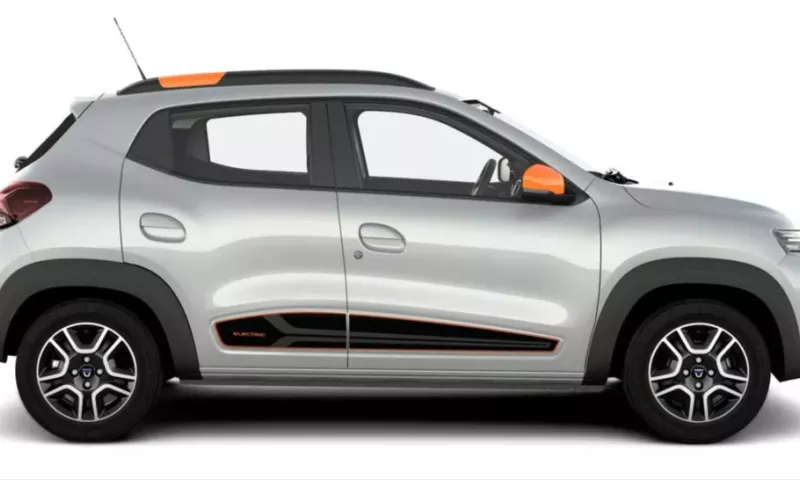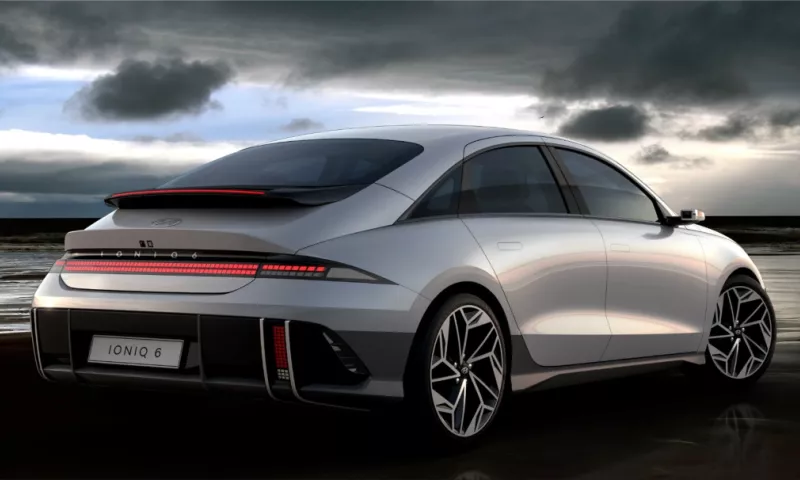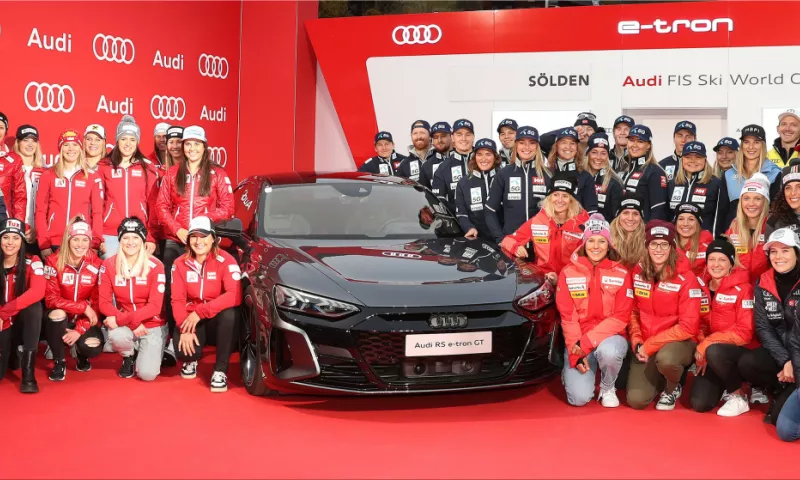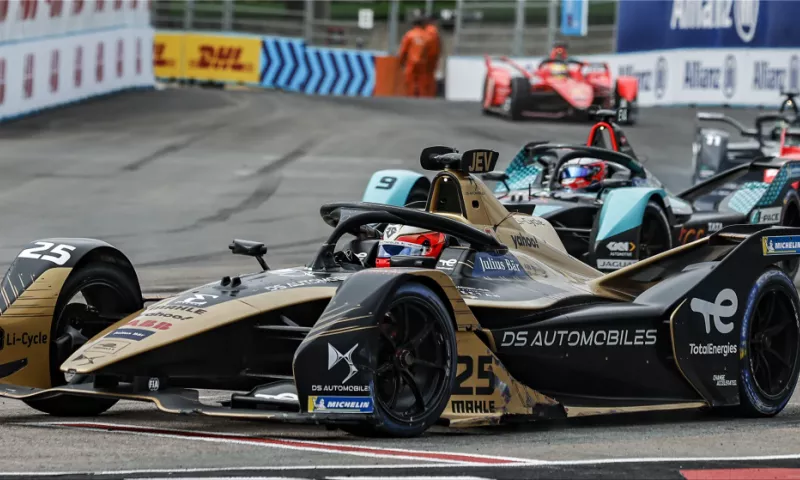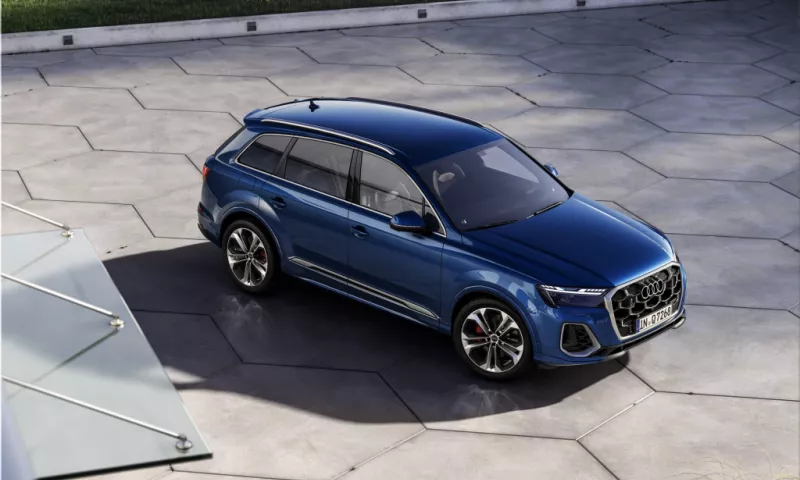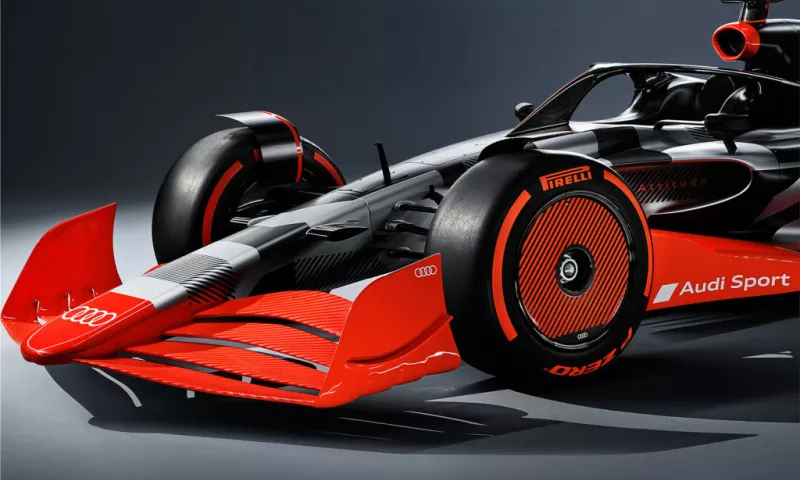The Audi RS Q e-tron debuted in the Dakar Rally in January 2022 and immediately established a new benchmark for efficiency in electric mobility in motorsport. Here comes the next phase, where for the first time, three desert rally prototypes equipped with an electric drivetrain and energy converter will compete in the Dakar Rally while using a revolutionary fuel.
Audi's chief of technical development, Oliver Hoffmann, states, "At Audi, we follow a consistent strategy with CO2 reduction." Our significant technologies are electric vehicles and renewable energy. Driving in combustion engines with a lower carbon footprint is now possible thanks to renewable fuels (reFuel/renewable fuel). The Audi RS Q e-cutting-edge tron's drivetrain incorporates elements of both systems. Because of this, we can now drive more sustainably with electric powertrains in the most extreme form of motorsport.
Audi uses residue-based products that do not compete with food to further reduce carbon dioxide emissions in connection with the fuel for the rally car. They are predicated on a procedure that first transforms biomass into ethanol. Numerous further methods are required before the final gasoline is produced. Ethanol-to-gasoline is the short name for this transformation (ETG). Biogenic plant components are the starting point for the process technicians.
The RS-Q e-fuel tank contains e-methanol and ETG, two renewable fuels that makeup 80 percent of the tank's total content. The gasoline is burned within the energy converter's internal combustion engine component, which operates at a high compression ratio and is thus very efficient, supplying power to the electric drivetrain. This improvement is necessary because the powertrain design must already consume less gasoline than standard systems. With this fuel mixture, the Audi RS Q e-tron reduces carbon emissions by almost 60%, according to Dr. Fabian Titus of the application and thermodynamics development group.
The combustion engine achieves greater efficiency than fossil-based gasoline, and the novel fuel satisfies the stringent chemical requirements of the FIA and ASO fuel standards. However, the energy density of reFuel is reduced due to its oxygen concentration, which lowers the fuel's volumetric heating value. It follows that the Audi RS Q e-tron necessitates a bigger tank capacity. It's important to note that the fuel flow meter determines energy usage with an eye toward fairness for all competitors by providing the most accurate results possible.
By January 2022, the first production Audi RS Q e-tron had an electric powertrain with an energy converter, allowing it to drive the rally stages with extreme efficiency. Furthermore, HEV models (hybrid electric vehicles) like the Audi RS Q e-tron benefit greatly from the direct use of renewable fuels, which results in a far more favorable CO2 account. This is also true of the next generation of highly efficient hybrid autos.
Audi's goal is to compete in the world's toughest races while using only sustainable energy sources. In the future, cars with combustion engines and hybrid powertrains can also help reduce greenhouse gases by driving on reFuels. This builds on the four rings' role in bringing innovations from motorsport to mass production over the past 40 years.


